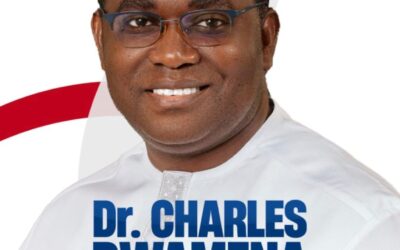As Parliament moves to pass the National Scholarship Authority Bill by the end of this week, education policy experts and civil society groups are raising red flags over its potential to bring real reform to Ghana’s scholarship system.
Chairman of Parliament’s Education Committee, Peter Nortsu-Kotoe, announced on July 15 that the bill aims to improve transparency and oversight in the administration of scholarships nationwide.
But education advocate Kofi Asare, Executive Director of Africa Education Watch, says the proposed law risks entrenching existing problems rather than solving them.
Speaking on the Citi Breakfast Show on Thursday, July 17, 2025, he criticised the bill’s governance framework, describing it as a mere reshuffling of control within the executive arm of government.



Kofi Asare
“The new bill is simply transferring power from one group of executives to another group of executives,” he said. “The board will comprise the Ministers of Education, Foreign Affairs, the Attorney General, and others. So is it just a transfer of power over who benefits from scholarships from one group of executives to another?”
Mr. Asare argued that the bill, in its current form, fails to address key issues such as nepotism, political interference, and the lack of merit-based selection.

“If you do that, you will be doing the same thing and expecting different results, and you will not get different results,” he said.
He advocated for a separation of powers within the scholarship process, where the regulatory body sets standards but is not involved in awarding scholarships.
“Best practice dictates that faculty reward scholarships or recommend people for scholarships. The authority normally regulates the awarding of the scholarship; they set the standard and ensure that the faculty conforms to the standards.”
He cautioned that allowing the executive full control over scholarship approvals would only repeat the failures of the past.
“If the same executive arm of government is approving scholarships, you are not solving the problem—you are just repeating the same thing that was done by the previous government,” he said.Source:William Narh



















